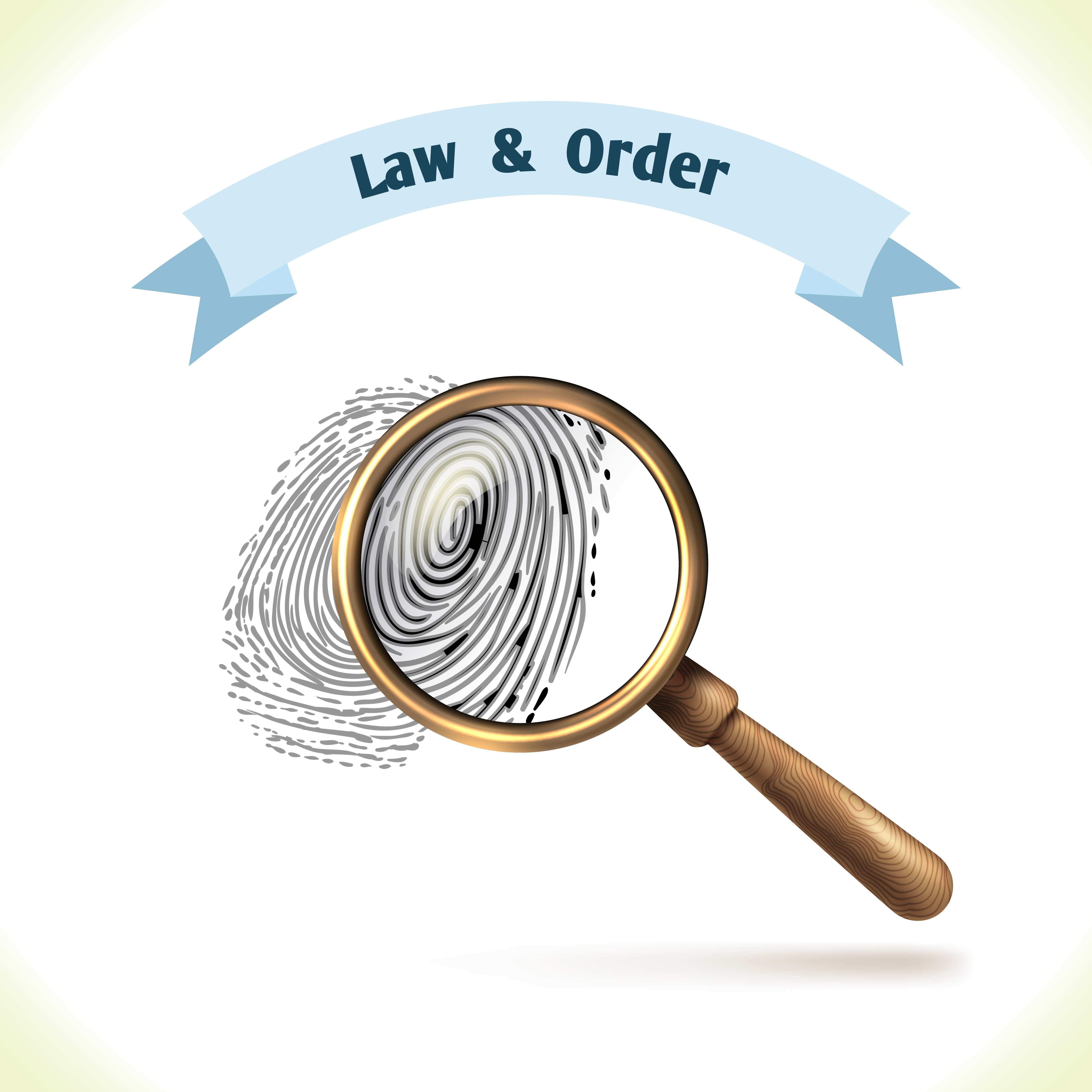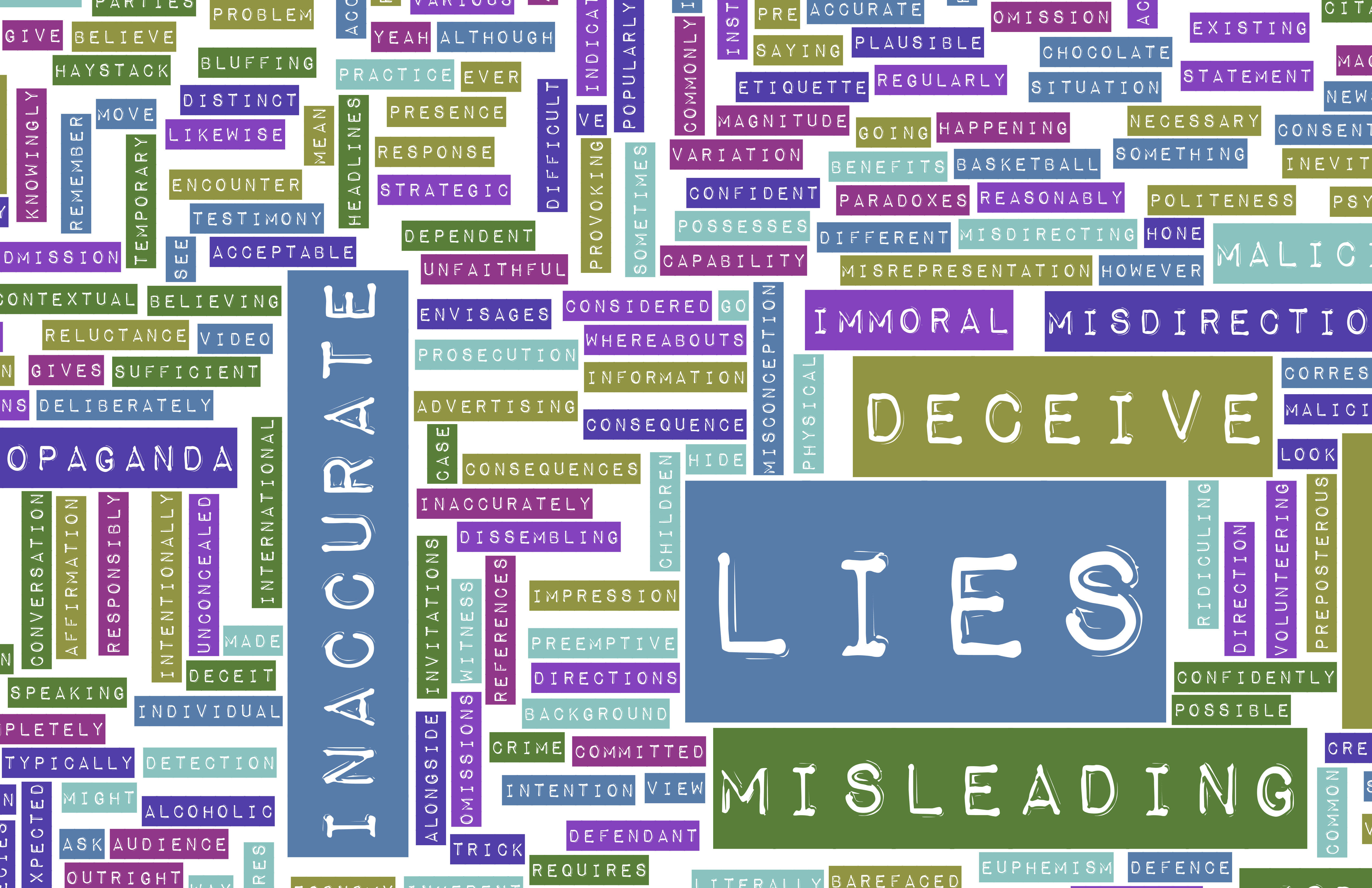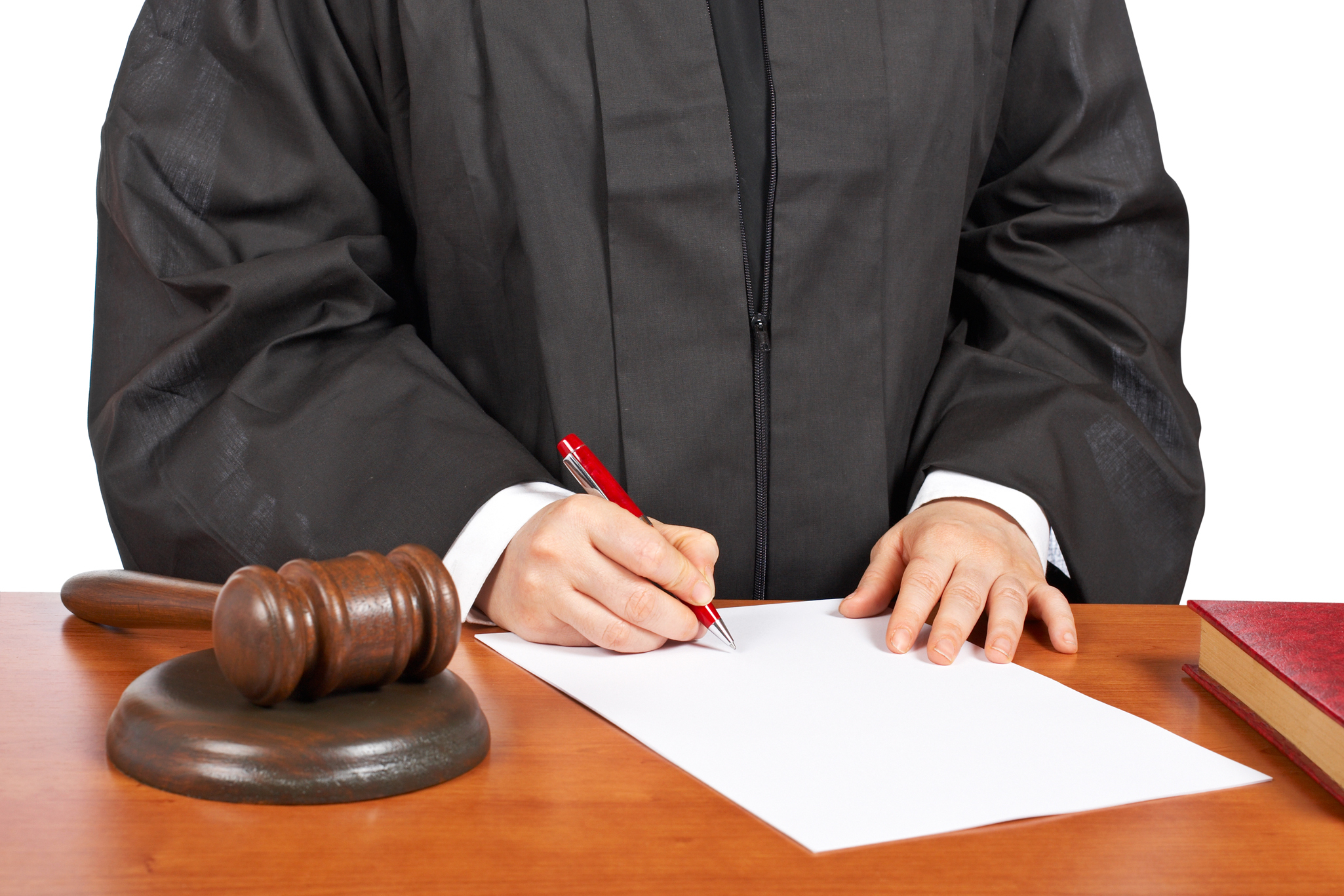Abandonment of Post-Trial Motions through Notice of Appeal? Not Anymore…
In an earlier posting, I discussed the difference between a motion for rehearing and motion for reconsideration. From that posting, you know that a motion for rehearing is a post-trial motion and, in particular, a motion that applies post-judgment. A properly filed motion for rehearing will toll the time to file an appeal. There are times where a party after a judgment is entered will file a motion for rehearing. Then, before that motion is ruled on, will file a notice of appeal. Why? The party is not appealing the order on the motion for rehearing because such an order has not...
Continue reading













